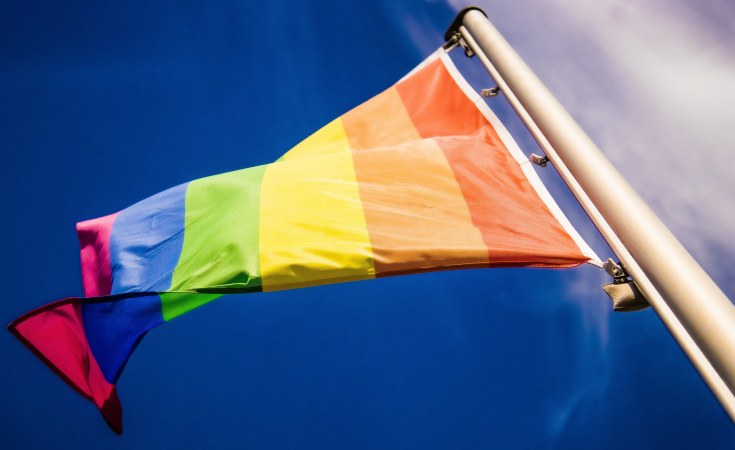GENEVA — Joint Statement by UN High Commissioner for Human Rights Volker Türk and UNAIDS Executive Director Winnie Byanyima
As courts and parliaments in a number of countries are in the midst of considering the legal framework around the rights of LGBTQ+ people, we highlight that punitive laws against lesbian, gay, bisexual, transgender and queer people violate human rights and undermine public health.
Such laws cost lives.
Laws criminalizing LGBTQ+ people must be consigned to history – and a growing number of countries are doing just that.
The big – and very welcome – global shift is away from criminalization. Over two-thirds of countries now do not criminalize LGBTQ+ people.
In the last 10 years alone, Angola, Antigua and Barbuda, Barbados, Belize, Bhutan, Botswana, Cook Islands, Dominica, Gabon, India, Mauritius, Mozambique, Namibia, Nauru, Palau, Saint Kitts and Nevis, Seychelles, Singapore, and Trinidad and Tobago have all repealed laws that had criminalized LGBTQ+ people.
There is a whole host of reasons why such laws must be scrapped.
Such laws are based on prejudice.
As Namibia's High Court recently noted, "the enforcement of the private moral views of a section of the community (even if they form the majority of that community), which are based to a large extent on nothing more than prejudice, cannot qualify as such a legitimate governmental purpose."
Such laws infringe upon human rights.
The Eastern Caribbean Supreme Court put it clearly: “The criminalization of same-sex sexual expression between consenting adults is intrusive by its very nature and thereby offends the right to liberty and personal privacy.”
Many such laws are actually legacies of colonialism, imposed by colonial powers themselves.
The now scrapped punitive anti-LGBTQ+ law in Mauritius, the Supreme Court of Mauritius recently noted, “was not the expression of domestic democratic will but was a course imposed on Mauritius and other colonies.”
Such laws harm public health.
Criminalization of LGBTQ+ people generates justified fear amongst people who need access to health services, and amongst the frontline workers who provide those services.
In criminalizing countries, there is decreased provision and uptake of HIV prevention services, and decreased uptake of HIV care and treatment services. A study in sub-Saharan Africa showed that HIV-prevalence among gay men and men who have sex with men was five times higher in countries that criminalized same-sex relationships than in non-criminalized settings.
Criminalizing countries have significantly lower rates of both knowledge of HIV status and HIV viral suppression among all people living with HIV.
Such punitive laws have no “law and order” justification.
In decriminalizing homosexuality in Singapore, there was clear recognition by the Government that there was no basis for making private sexual behaviour between consenting adults a crime.
Such laws lead to harassment.
As the Supreme Court of India has stated, punitive legislation has “become an odious weapon for the harassment of the LGBT community by subjecting them to discrimination and unequal treatment.”
There is extensive evidence that such discriminatory laws increase exposure of people to brutal hate crimes, police abuse, harassment, blackmail, torture, and denial of access to healthcare, education and housing.
They also drive impunity and undermine the rule of law, harming LGBTQ+ people, their families, communities, and the whole of society.
Stigma kills. Solidarity saves lives.
The progress that has been won around the world, in legislation and attitudes, needs to continue, as does the increasing recognition that people should not be criminalized for who they are and whom they love.
Anti-rights policies, proposals and propaganda need to be challenged head on.
Together, we call on all countries to remove all punitive laws against lesbian, gay, bisexual, transgender and queer people.
Decriminalization of LGBTQ+ people is vital for protecting everyone’s human rights and everyone’s health.


